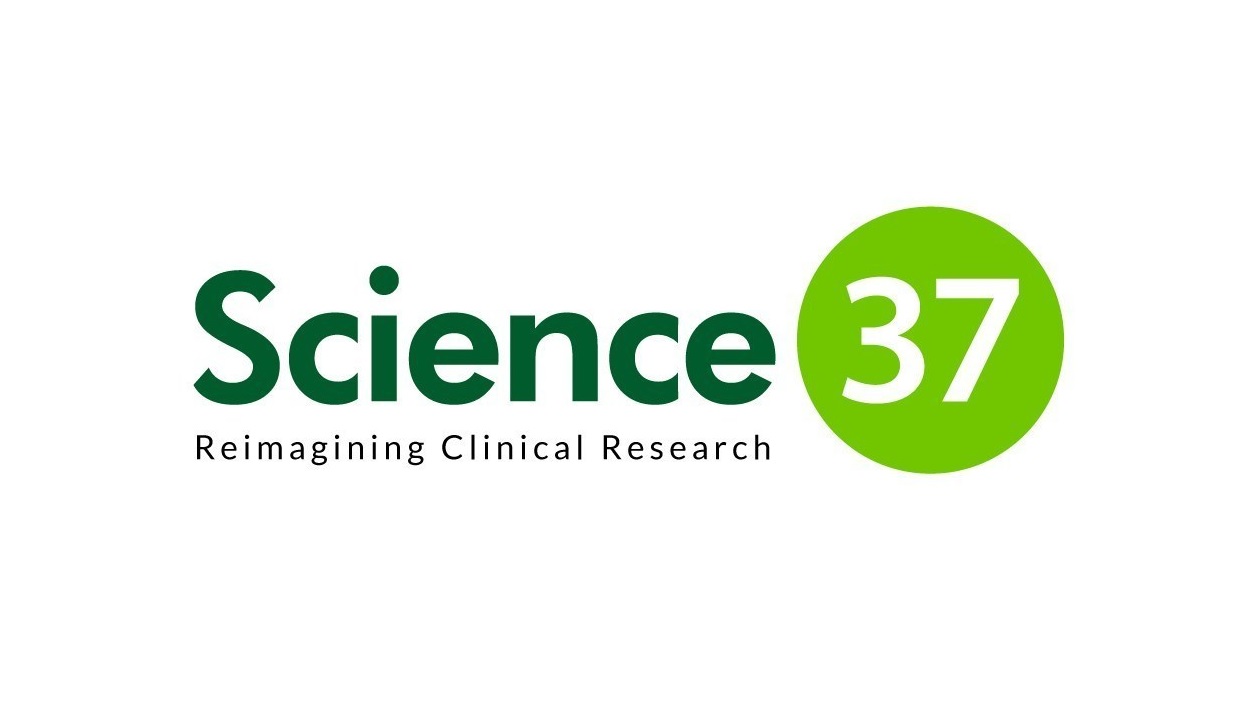Science 37 gets funding to develop 'site-less' clinical trials

US-based Science 37 – a tech company aiming to bring clinical trials into people’s homes – has raised further backing in a series C funding round.
The $29 million will help develop the company’s core offering, the Network Oriented Research Assistant (NORA) – a 'site-less' clinical trial platform.
NORA enables people to participate in clinical trials from the comfort of their own homes via their mobile devices and other telemedicine services. It provides them with reminders and notifications directly from the study team, the ability to connect with team members at any time, fill out consent forms remotely, report possible therapy side effects using images taken using their mobile devices, and many more functions.
The idea is to reduce the costs of clinical trials by making it easier to recruit participants and collect relevant data more effectively, as well as reduce the burden of travel to study sites for patients.
“Many new drug candidates never get developed as a direct result of the long timelines and costs required to complete a traditional study,” said Belinda Tan, co-founder and chief medical officer of Science 37. “The long recruitment process for trials alone is one of the biggest drivers of these drug development costs. By streamlining that process we hope to help bring new cures to patients faster.”
The company also cites improving diversity as a major goal for the platform. According to Science 37, only 5% of minorities are represented in all clinical trials, with only 2% featuring in cancer studies.
“We’ve seen great success thus far in the model we developed. It has not only increased the number of people able to participate in clinical trials, but also reduced the time it takes to recruit by nearly 50% in some cases,” said Noah Craft, co-founder and CEO of Science 37. “The new funding will help us drive continued expansion and recruit top talent from both the technology and from the clinical trial industries. The round will also allow us to expand into new therapeutic areas and to introduce these trials to a much broader set of demographics, including those with limited access to major medical facilities where these trials are typically offered.”
The technology has already attracted $38 million in funding from various pharma venture arms, including Qualcomm and Novartis joint investment company dRx Capital, and Sanofi Ventures. It also lists Lilly, Genentech and Philips among its supporters.
Amgen Ventures and Google’s investment arm, GV, joined the most recent funding round – led by Glynn Capital Management - to add to its already impressive portfolio of backers.












